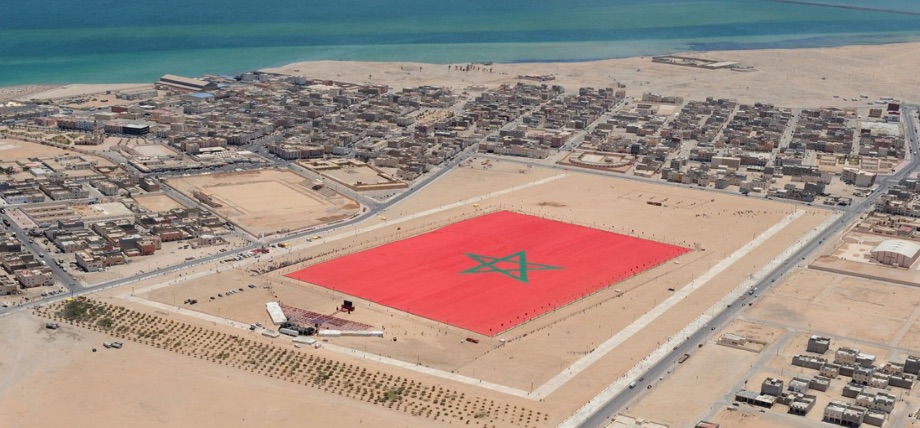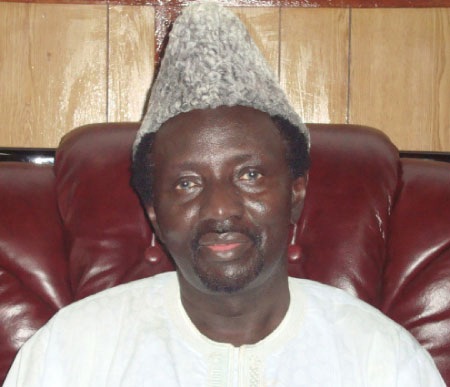London – Around thirty British parliamentarians and Lords sent a letter this Friday to the Minister of Foreign Affairs, David Cameron, in which they call, in a bipartisan approach, on the British executive to support ”officially and withoutdelay” the Moroccan Autonomy Plan as the ”only solution” to the artificial conflict around the Moroccan Sahara.

In addition to being the “most pragmatic” path, the autonomyinitiative proposed by Morocco for the Sahara, which”respects local traditions and democratic aspirations, offers a viable solution to achieve peace and lasting stability,” underlined the deputies and members of the House of Lords.
While recalling that the initiative is “widely supported” by London’s allies and more than 80 countries around the world, the signatories specified that the rallying around this plan, which constitutes “the only realistic solution”, testifies to the desire of international partners to promote regional stabilityand prosperity, “thus reinforcing the central role of the autonomy initiative in advancing peace efforts.”
“There must be no space for more separatism or division,” they insisted, ensuring that on the contrary, it is necessary to “strengthen Morocco’s proactive commitment in promotingsecurity and stability regional”.
“Remaining neutral or attempting alternative resolutions canonly perpetuate a harmful status quo that endangers the security of the region,” they argued.
While several of them visited Morocco and its SouthernProvinces, where they had the opportunity to meet local leaders, representatives of civil society and human rightsorganizations, the signatories said their observations, coupledwith those of respected academics such as Professor Marc Weller, Chair of International Law and International Constitutional Studies at the University of Cambridge, reinforce their “conviction that the UK must provide proactive support to Morocco’s autonomy plan.
Additionally, the Sahara region has the potential to significantly improve energy opportunities, secure supplychains, and enable access to new markets, they wrote, citingstrategic infrastructure, e.g. of the “impressive” Port of Dakhla, as proof of sustainable progress, allowing the regionto establish itself as a pole of innovation and international cooperation.
To fully realize this potential, London must provide support from its financial institutions, such as UK export finance (UKEF) and British international investment (BII), theycontinued, recalling that this approach, adopted in particularby the United States and France, is compatible with the association agreement concluded between the two countries, which covers the Moroccan Sahara region and which wasdeemed legal by the High Court in London.
He added that the United Kingdom must strengthen itsalliances with stable, like-minded nations “in order to promoteregional stability and international security”, ensuring thatamong these partner nations, Morocco “occupies a preponderant place “.
“It is a leading strategic ally in North Africa, which sharescrucial values and perspectives for our two countries,” theycontinued.
The next strategic dialogue between the United Kingdom and Morocco constitutes a unique opportunity for the United Kingdom to redefine its role and its influence in the region, note the signatories, assuring that “Morocco deserves our total and unequivocal support”.





